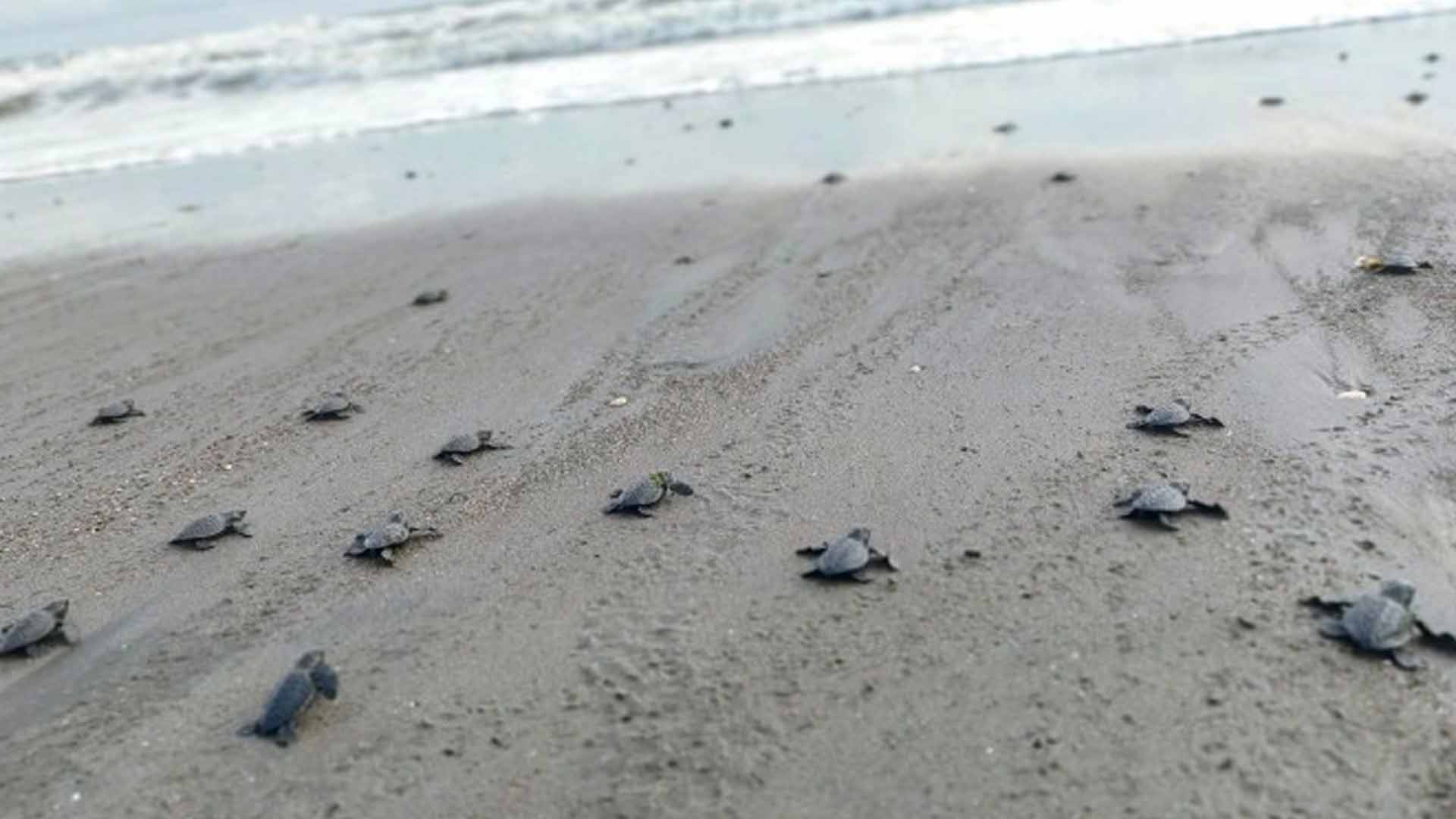Environment workers released into the sea on Monday afternoon some 56 more sea turtle hatchlings that emerged from a nesting site in a coastal village in Glan, Sarangani province.
Dr. Rosalinda Cortez, head of the Community Environment and Natural Resources Office (Cenro)-Glan, said in a report on Tuesday the Olive Ridley (Lepidochelys olivacea) turtles made their way into the Sarangani Bay hours after hatching along the shores of Purok Pinaghiusa, Barangay Burias.
She said a concerned citizen, Randy Peralta, noticed the emergence of the hatchlings at the site and immediately reported the matter to Bantay Dagat member Gildo Villorente.
Villorente then relayed the report to Cenro-Glan for proper assistance and other necessary interventions, she added.
Cortez said a team from their office and the Glan Municipal Environment and Natural Resources office went to the site and helped in the proper handling of the sea turtle hatchlings.
The release was witnessed by residents and Barangay Burias officials led by chairman Venancio Wata.
“Our Olive Ridley sea turtles are important to our ecosystem. Their existence is an important indicator of a balanced and healthy marine life,” Cortez said.
The release of the newly-hatched Olive Ridley turtles was the second in Barangay Burias this month and the third in Glan since February.
On April 1, some 80 hatchlings were also found and later released to the sea in Sitio Kimangayao, which is adjacent to the Burias Pawikan Hatchery in the same village.
At least 94 baby turtles also made their way home into the Sarangani Bay on Feb. 10 from the shores of Purok Islam, Barangay Glan Padidu.
Cortez said they are continually educating residents in the coastal barangays of Glan and the neighboring municipalities on the importance of marine wildlife, especially the sea turtles, to raise awareness on achieving a balanced ecosystem.
She said marine turtle species, including the Olive Ridley, are considered endangered based on the Department of Environment and Natural Resources Administrative Order No. 2019-09 or the “Updated National List of Threatened Philippine Fauna and their Categories.” (PNA)




















